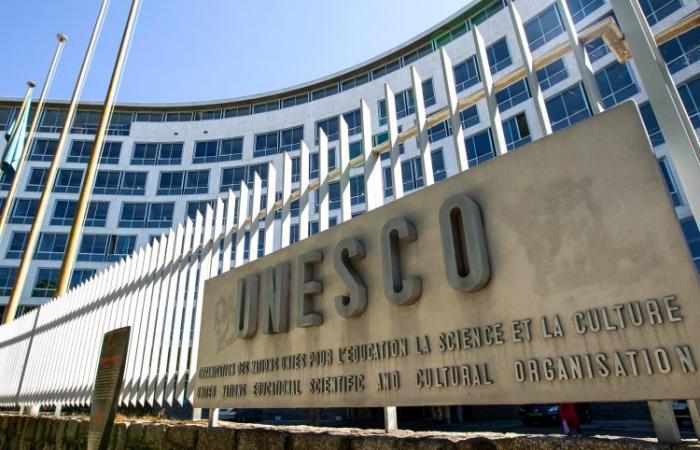The global cost of out-of-school and educational gaps amounts to $10 trillion a year for the global economy by 2030, according to a new report from the United Nations Educational, Scientific and Scientific Organization. culture (UNESCO), published Monday.
This cost is “dizzying” and in addition to these financial considerations are “significant social damage”, says Audrey Azoulay, Director General of UNESCO, quoted in a press release from the UN agency based in Paris.
The message of this report entitled “The price of inaction: the global private, fiscal and social costs of children and young people who do not learn” and which analyzes for the first time the cost to the economy and the societal consequences of educational deficiencies is “clear: education is a strategic investment – one of the best investments there is for individuals, economies and society as a whole”, underlines Ms Azoulay.
Despite decades of progress in access to education, 250 million children and young people around the world are still out of school and 70% of 10-year-olds in low- and middle-income countries are not able to do so. to understand a simple written text, notes the press release.
Conversely, the report estimates that reducing by just 10% the proportion of young people leaving school prematurely or not having acquired basic skills would increase annual GDP growth by 1 to 2 points.
Beyond financial considerations, the report warns of the significant social damage caused by these educational deficiencies, noting that gaps in the acquisition of basic skills are associated, at the global level, with a 69% increase in early pregnancies among young girls, while each year of secondary education helps reduce the risk of girls marrying and having a child before the age of 18.
On the occasion of a meeting of Ministers of Education, Monday at UNESCO headquarters in Paris, in the presence of the President of Chile, Gabriel Boric, who co-chairs alongside him the High Level Steering Committee for a quality education for all, Ms. Azoulay called on the 194 Member States of the Organization to “respect their commitment to move education from a privilege to a prerogative for every human being across the world,” notes the press release.
To achieve the goal of quality education for all, UNESCO makes 10 recommendations in its report, including working to guarantee free education for every girl and boy, financed by public funds, for a period of twelve years. minimum.
“Second chance” systems must also be put in place for young people who have not been able to benefit from quality education or whose education has been interrupted, argues the document.
With MAP






